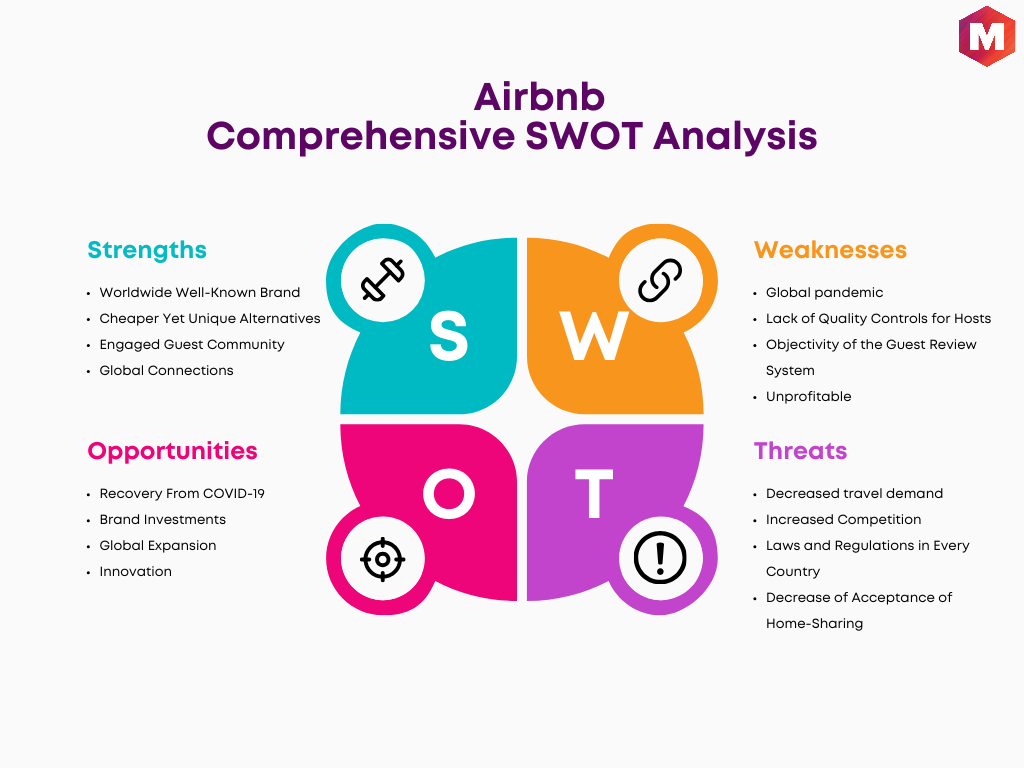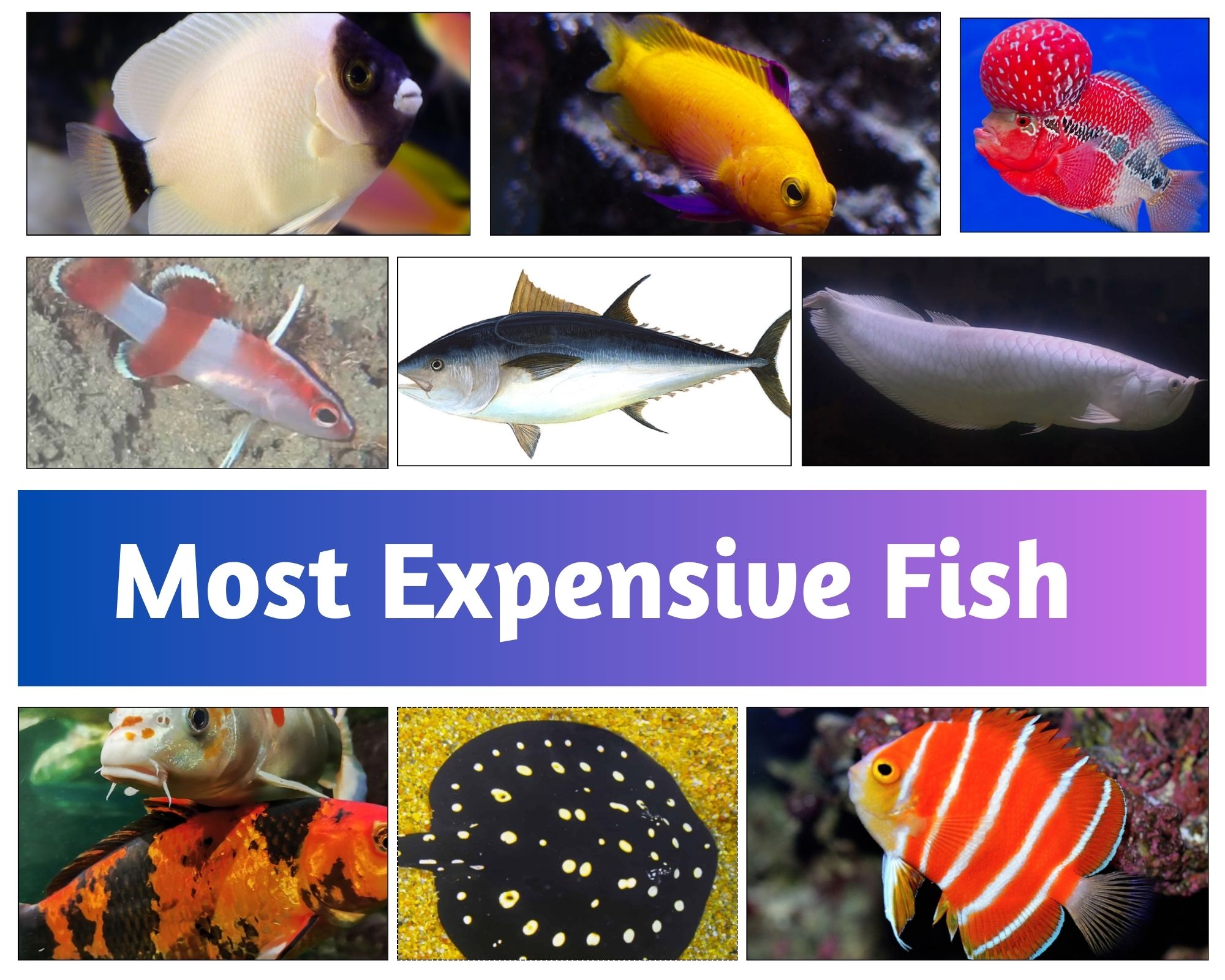Barriers to Exit are hindrances or barriers that stop a company from exiting a market in which it is considering a closure from where it…
Top 30 Most Expensive Clothing Brands in the World in 2026
In this article, explore the most expensive clothing brands, from high-end brands to custom pieces, and find out why they command such high prices. We’re…
SWOT Analysis of Airbnb (Updated 2026)
Let’s explore the SWOT analysis of Airbnb and understand its strengths, weaknesses, opportunities, and threats. Airbnb has changed how people travel by connecting hosts and…
Top 22 Most Expensive Guitars in the World in 2026
In this detailed article, we list out the world’s most expensive guitars. These are guitars played by famous musicians or sold them for a good…
Top 14 Most Expensive Luxury Brands in 2026
Welcome to a sneak peek into the world of fancy and most expensive brands! Ever wonder why some brands are just so pricey? We’re here…
Top 20 Most Expensive Domain Names in 2026
In this article, you will discover the top most expensive domain names of , revealing the giants of the web and what makes them worth…
Top 11 Most Expensive Drones you can Buy
A drone is defined as an aerial vehicle that does not require a pilot while flying in the sky. Military purposes in combat zones usually…
Top 20 Most Expensive Fish in the world in 2026
In this article, we explore the world’s most expensive fish in , revealing rare and luxury species that command the highest prices. Have you ever…
The Top 16 Most Expensive Dog Breeds in the World
Is canine companionship cheap in monetary terms? No, I do not think so as a good breed costs a staggering amount of money. Do not…
Top 20 Most Expensive Food in the World in 2026
In this article, you will discover the top most expensive foods in , from rare truffles to exquisite caviar, and why they’re the priciest treats…
Top 25 Most Expensive Jewelry in the World in 2026
Ready for an incredible journey through a world filled with shiny and pricey jewels? Imagine sparkly diamonds and gems that tell stories and cost a…
Top 27 Most Expensive Hotels in the World in 2026
Have you ever wondered what the fanciest hotels in the world are like? Let’s take a fun trip together and check them out! Imagine this:…
Top 23 Most Expensive Makeup Brands in the World in 2026
Hey there! Ever wonder why some makeup brands are super pricey? We’re here to chat about those fancy makeup names that promise to make you…
What is Macromarketing? Definition, Meaning, and Examples
Definition of Macromarketing The concept of Macromarketing can be defined as the marketing policies, strategies, and objectives that have an influence on society and the…
SWOT Analysis of eBay
eBay is an American multinational e-commerce industry that was formed during the year 1995 and is headquartered in California, United States. eBay facilitates business to…














